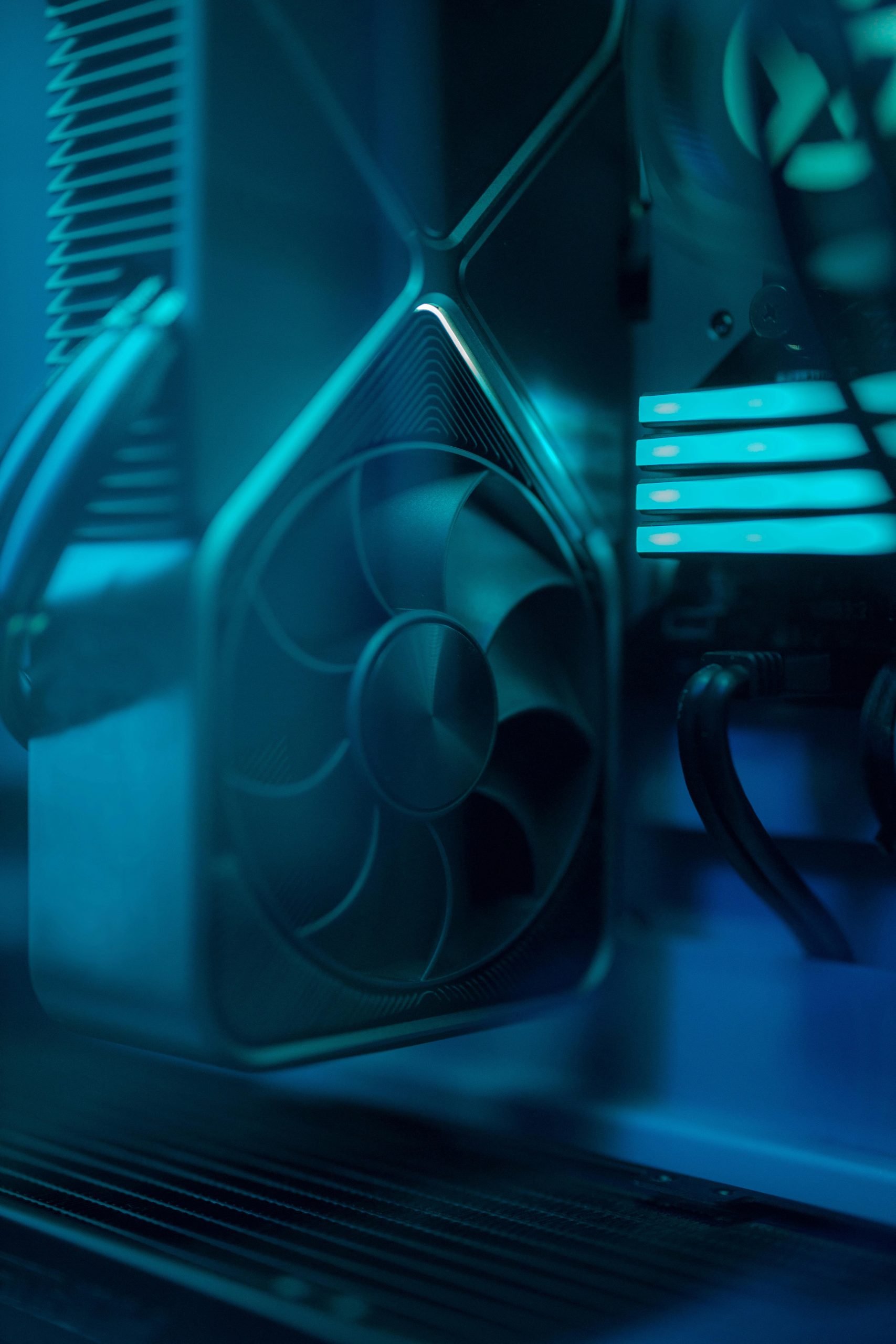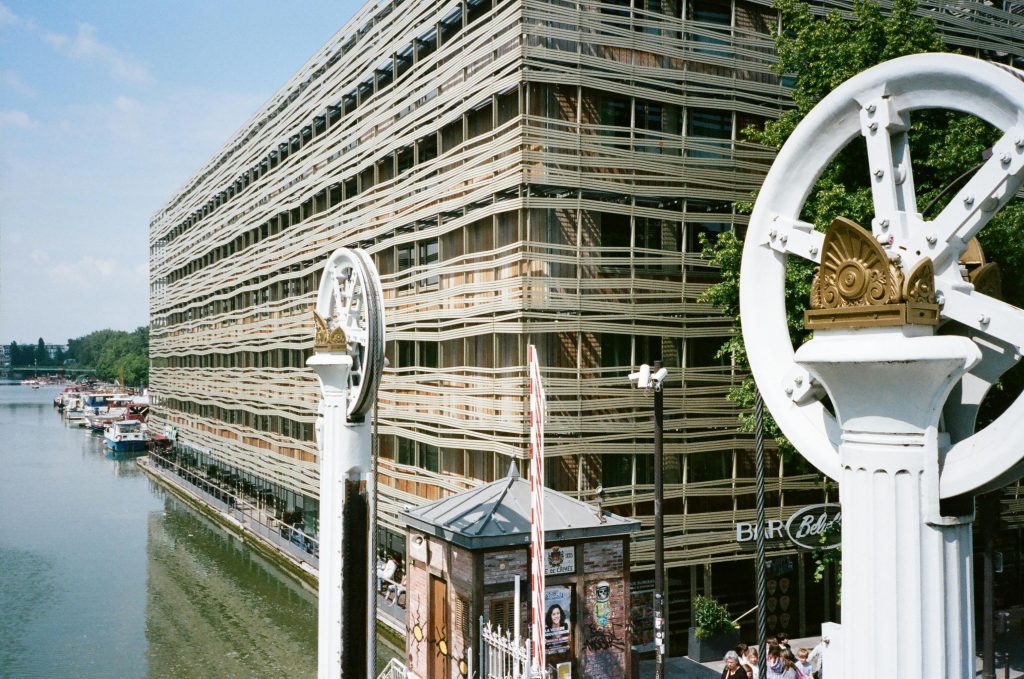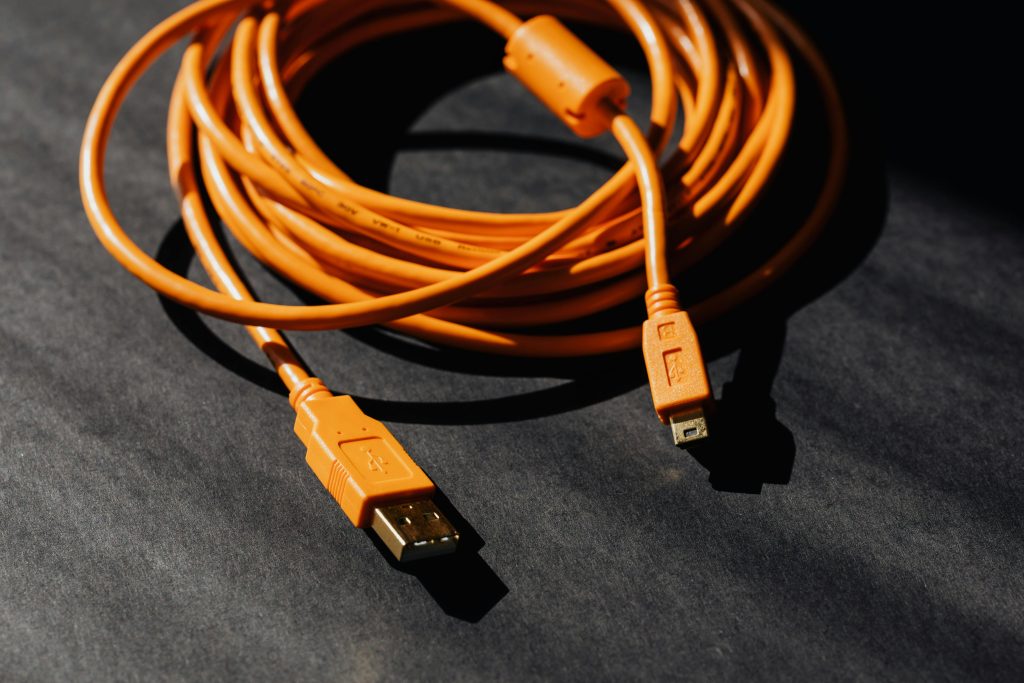Understanding and Addressing Excessive CPU Cooler Noise: A Guide for PC Enthusiasts
Introduction
Building a custom gaming PC can be an exciting journey, but it often comes with unforeseen challenges—particularly related to cooling solutions and noise management. If you’ve recently experienced an unusually loud CPU cooler that disrupts your peace and comfort, you’re not alone. This article aims to provide insights into common cooling issues, evaluate possible solutions, and help you make informed decisions to achieve a quieter computing environment.
Identifying the Issue
Many PC users, especially those with sensitive hearing or working in quiet environments, find high noise levels from cooling components to be disruptive. In some cases, coolant-based (liquid) CPU coolers may produce noticeable whines or whirs, especially if fans or pump mechanisms operate at high RPMs.
In your situation, you’ve observed that your CPU cooler’s RPM is around 3000, and it emits a constant whining noise, even when the system isn’t under load. Initially, you believed this was normal, but upon reflection, the noise seems louder than during the initial setup. Additionally, attempts to adjust fan speeds through BIOS have been limited because the pump is designed to run continuously at maximum speed, potentially exacerbating noise levels.
Assessing the Cooling Setup
Your system specifications include:
- CPU: Intel Core i9-12900K
- Cooler: Gamdias Aura GL360 (a water cooling solution with RGB lighting)
- GPU: NVIDIA RTX 4070 12GB
- RAM: 32GB DDR5
- Motherboard: MSI B760
- PC Case: Gamdias Atlas M1 White Aquarium
While liquid cooling solutions like the Gamdias Aura GL360 are effective at maintaining CPU temperatures (~25°C observed), their pumps and fans can sometimes generate undesirable noise, particularly if operating at high RPMs.
Potential Causes of Excessive Noise
- Pump Speed and Operation: Some water coolers have pumps that run at constant maximum RPM to ensure optimal cooling, which can produce whining or humming sounds.
- Fan Settings: Fans attached to radiators can be configured to run at high speeds continuously, contributing to noise.
- Mechanical Vibrations: Improper mounting or vibration transfer can amplify noise levels.
- Aging or Faulty Components: Over time, pump bearings or fans can degrade and generate additional noise.
Possible Solutions and Recommendations
- Reconfigure Fan and Pump Settings
- Check your motherboard or cooler controller software for options to set
Share this content:



